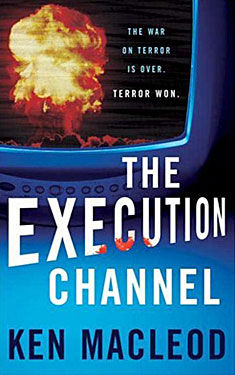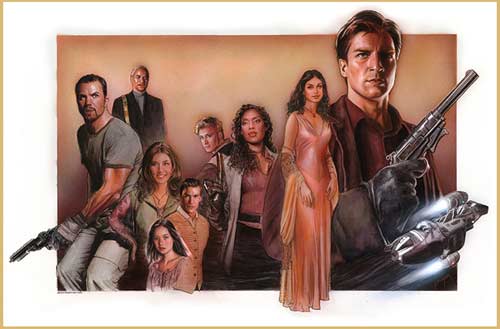Recently, we've started using the Netflix streaming more and more, ever since we got a disk that allows us to stream video on demand through the PS3 directly onto our TV (as well as being able to watch on our computers). The quality's fine, with just the occasional hiccup, it's very affordable ($15 a month, which also gets us unlimited DVD rental), it's convenient, in that we can watch stuff wherever and whenever we want, and the range is staggering.
Right now, we have about 200 items queued up, including the following:
- The whole of Xena, Heroes, Jeremiah, Californication, Weeds, Star Trek: TOS and many other American TV series I never got round to watching or which didn't make it to the UK
- Classics like You Can't Take It With You, The Palm Beach Story
- A bunch of silent movies, including Fritz Lang's Destiny
- A huge selection of foreign language films, covering not just European movies, but Moroccan, Israeli, Korean, Japanese (live action & anime), Chinese and lots of Bollywood musicals
- British film & TV ranging from Merchant Ivory classics and BBC dramas like Pride & Prejudice to Mighty Boosh, Eddie Izzard, All Creatures Great and Small, Coupling, Little Britain, and Dr Who from Troughton to Tennant
- Weird indie & art-house movies I've never heard of but which look like they could be interesting, or which I loved and want to see again, like The World's Fastest Indian
- Documentaries galore, from Ken Burns to Walking with Dinosaurs
- A ton of kids' movies and kids' TV, from Golden Compass to Prince Caspian by way of The Storyteller and High School Musical.
There's more appearing every day, faster than we can possibly watch them, but it's quite manageable, because their recommendation system is quite astoundingly good. It really does seem to have a handle on what we like: it will suggest things like "period romantic movies with a strong female lead", and as often as not, it's pretty well spot on. We never have problems finding something to watch, although making a choice is sometimes hard! We don't have cable, and we don't miss it. Between this and music, we're pretty well covered for evenings in.
Obviously it doesn't have everything on here that I could possibly want to watch - it's noticeably short on recent blockbusters, but I can still get those from Netflix on DVD - but that's not the way to look at it. My DVD collection, extensive as it is, doesn't have everything either. However, Netflix' collection is growing a damn sight faster than mine, it has stuff on I wouldn't mind seeing but don't necessarily want to pay even $5 to own, and it has more than enough to provide me with entertainment whenever I feel like it. And, to be quite honest, I can find things a lot faster electronically than searching through shelves and shelves of boxes. It's also completely legal. No torrenting, and no overnight waits.
Since between all four of us we probably watch about five things a day on average, that works out at 10c per item. (That's 6p in English). Or, to put it another way, we watch about 150 movies for the price of owning one or two. When I look at it in those terms, I'd have to really, really like a movie to make it worthwhile buying it.
I've said for a while that eventually we'll get to a point where we can watch videos by paying a flat rate subscription to watch anything we want on demand. That's nearly there. I don't really see much future for DVDs, Blu-Ray or the like. The only real advantage of a DVD is that it has extras which I may (but usually don't) want to watch. This is cheaper, more convenient, more extensive, doesn't rely on a platform that may become obsolete (like the thousands of VHS videos that ended up in landfill) and doesn't fill up my house.








